Muslims won’t be censored in supporting Palestine, resisting Zionist occupation
By Cassiem Khan
The genocide happening in the Gaza Strip has again unmasked the Zionist occupiers and raised questions about the illegitimate entity’s right to exist which they claim is derived from the Bible.
This religious entitlement invoked by Zionists has since October 7 been successfully challenged and debunked by citizens in all major cities of the former colonial powers.
The anti-apartheid movements in Europe and the Americas understood the divisive, destructive, and brutal nature of the apartheid state in South Africa and were not moved by the claim that apartheid South Africa was conceived and based on Christian values.
The oppressive regimes in old South Africa and current Israel invoke religion to justify their existence but does religion have a role to play in the struggle for liberation in Palestine?
Religious groups in South Africa played a significant role in bringing an end to the apartheid regime. Critics may be correct in their analysis that some religious groups were either complicit for most of the apartheid rule, or they arrived late and out of breath to the struggle for liberation in South Africa.
Political honesty need not be an oxymoron, especially if your political activity is revolutionary – then honesty becomes a principle of struggle.
This honesty will demand a distinction between the resistance activities of religious groups.
Muslims arrived as slaves and political prisoners in the hulls of the Dutch colonial ships at the Cape when the rest of the country and its people were yet to be colonized.
The shrines around Cape Town bear testimony to the struggles of Muslim religious leaders against the Dutch colonialists. These religious leaders arrived in this field of resistance with experience, zeal, and ideological clarity.
So too did Izzedine al Qassam (d 1935), a Muslim religious leader in Occupied Palestine, after whom the military wing of the Hamas resistance group is named.
His armed struggle against the Zionist occupation was leading the way, before 1948, when the secularist and socialist groups in Palestine were not even conceived.
Being present in the field of struggle, and at the appropriate time, and making the ultimate sacrifice matters. Yet Muslims are accused of being a reactionary force that came late and without much to offer to the struggle for liberation in Palestine and South Africa.
Secularists, nationalists, socialists, and Marxists do not have a monopoly on revolutionary struggles. Most anti-colonial struggles in Muslim-majority countries have already exposed how the sacrifices, martyrs, and voices of Muslims were suppressed by these groups following independence.
The progressive–reactionary binary argument is a form of deception that seeks to deny Muslims a voice and a legitimate space to participate in and lead revolutionary struggles.
Every political formation and its ideological positions undergo revision both in form and substance. Secularists conveniently rely on the colonial argument that only Muslims have an antiquated worldview and that they should be led by ideologies that are “modern, open, and inclusive”.
Solidarity with the people of Palestine is peppered with these deceptions and debates.
There is a popular slogan circulating: ‘You don’t have to be Muslim to support Palestine, you just have to be human’. It would be interesting to uncover who coined this slogan and what exactly their motivation was beyond the obvious of seeking a broader support base.
A critical analysis of this slogan could question the humanity of Muslims. But it could also mean that solidarity with the Palestinian people is only credible when it is not led by Muslims.
Even though it is exactly the humanity and ideology of Muslims that bring them to the field of struggle, to the site of resistance with a clear understanding of the nature, characteristics, and schemes of the oppressor and with clear strategies of how to confront the settler, the occupier, the racists, and the Zionists.
Sadly, many who claim to be secularists, have Muslim names, come from Muslim homes, and even pray in mosques, but want to censor and silence fellow Muslims whose Arabic slogans make them uncomfortable.
Allahu Akbar is a battle cry, that says to the oppressor, that you may think you are Great because you have bombs, guns, drones, fighter jets, police, the media, and an army, but God is Greater (Allahu Akbar) than you.
The same God that says in the Qur’an (a book for all of humanity), that fighting in His cause is fighting in the cause of the oppressed.
Two words – Allahu Akbar, that is how easily and simply Muslims are mobilized to act against oppression. This demands respect and admiration and not censorship.
Muslims protesting in solidarity with Palestinians who are waving Hamas and Hezbollah flags and shouting slogans such as Al Mawt to Israeel (Death to Israel), Long Live Hamas, and Long Live Hezbollah, are condemned for promoting hate speech.
The Israeli occupation forces and settlers commit heinous crimes daily. If the brutality of this is lost on middle-class minds living comfortable lives in suburbia, let the following example sink in.
A settler stabbed a pregnant Palestinian mother. This should be enough to shock you into action. Action – not slogans. The genocide in Gaza demands action, but secularists and some feeble-minded protestors want to censor a few harsh words directed at Zionists.
The Zionist settlers and their international community of former colonizers learned on October 7, when Palestinians broke their chains and destroyed the apartheid walls, that they came with bullets, bombs and hand grenades fighting for their liberation.
They are not debating politically correct slogans. Solidarity means standing with the oppressed on an equal footing, feeling their pain and resisting as if you have suffered the same loss. Muslims will not be censored in their support for the people of Palestine.
Cassiem Khan is a scholar, writer and activist who was active in the anti-apartheid struggle as a member of the Qibla Movement and the Pan Africanist Congress in South Africa. He is a social worker and educator with 30-year career in human rights, poverty alleviation, relief and development sectors.
(The views expressed in this article do not necessarily reflect those of Press TV)
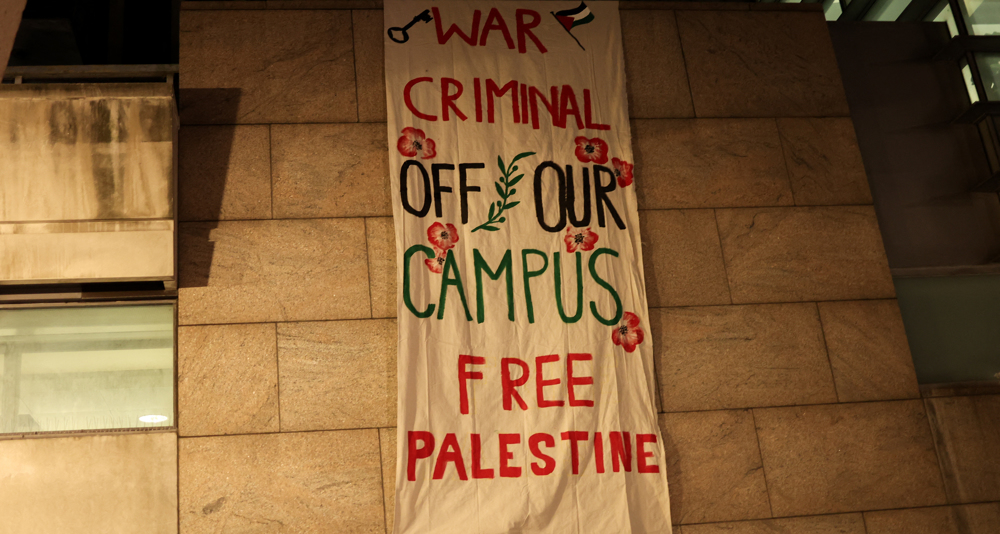
‘New McCarthyism’: Pro-Palestine group denounces US Senate crackdown on Gaza protests
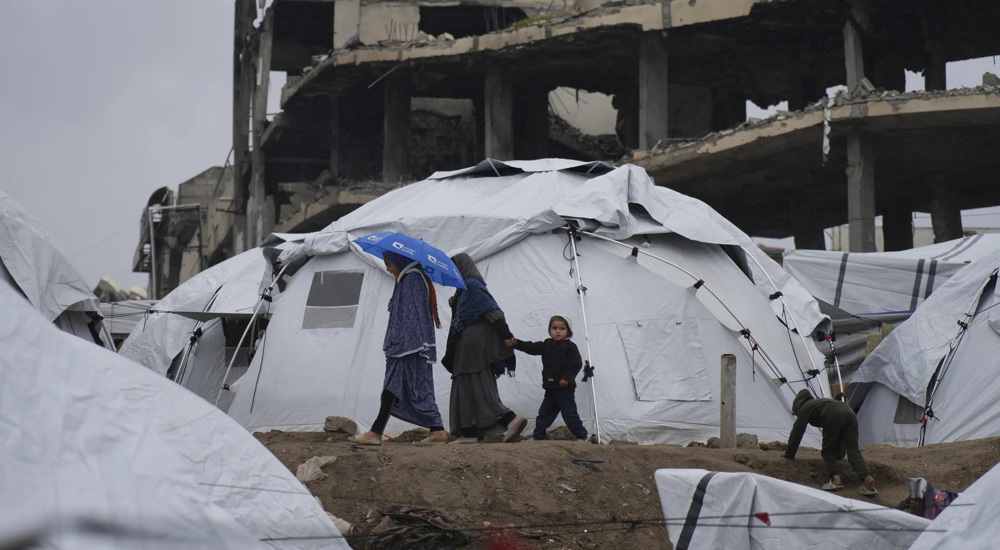
Trump issues death threats to Palestinians in Gaza, Hamas over Israeli captives
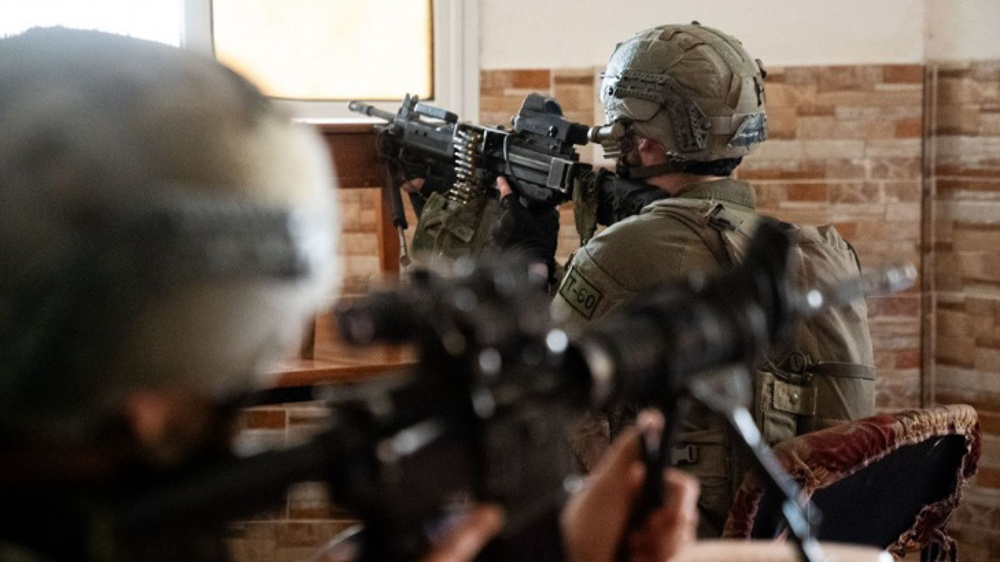
Israeli forces shoot Palestinian child in West Bank’s Nablus as setters raid Ariha village
Iran slams Trump’s plan for forced displacement of Gazans as ‘political genocide’
‘New McCarthyism’: Pro-Palestine group denounces US Senate crackdown on Gaza protests
Trump issues death threats to Palestinians in Gaza, Hamas over Israeli captives
Israeli forces shoot Palestinian child in West Bank’s Nablus as setters raid Ariha village
VIDEO | Press TV's news headlines
VIDEO | Yemen says ready to shoot down more US drones
VIDEO | Trump’s tariffs: A threat to the world economy?
VIDEO | Regenerative medicine


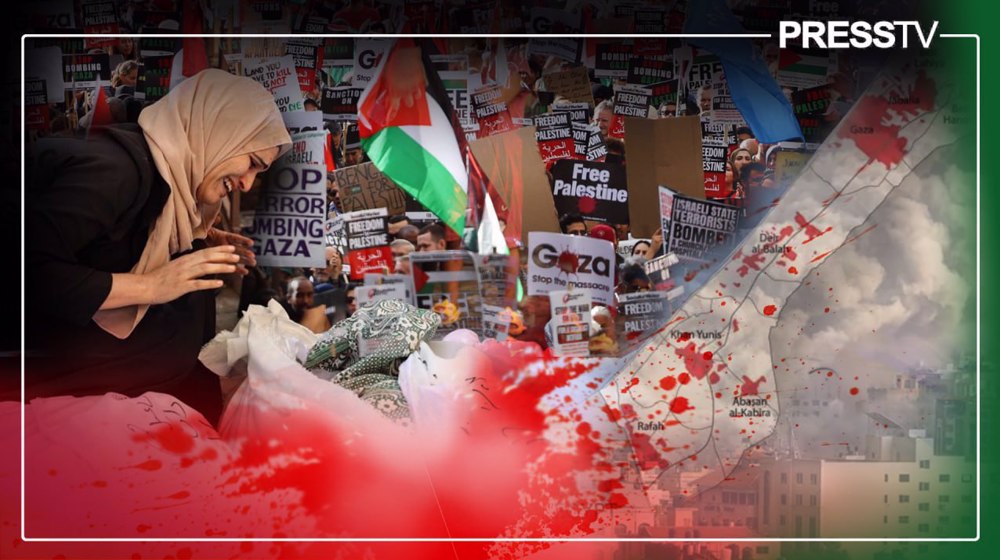
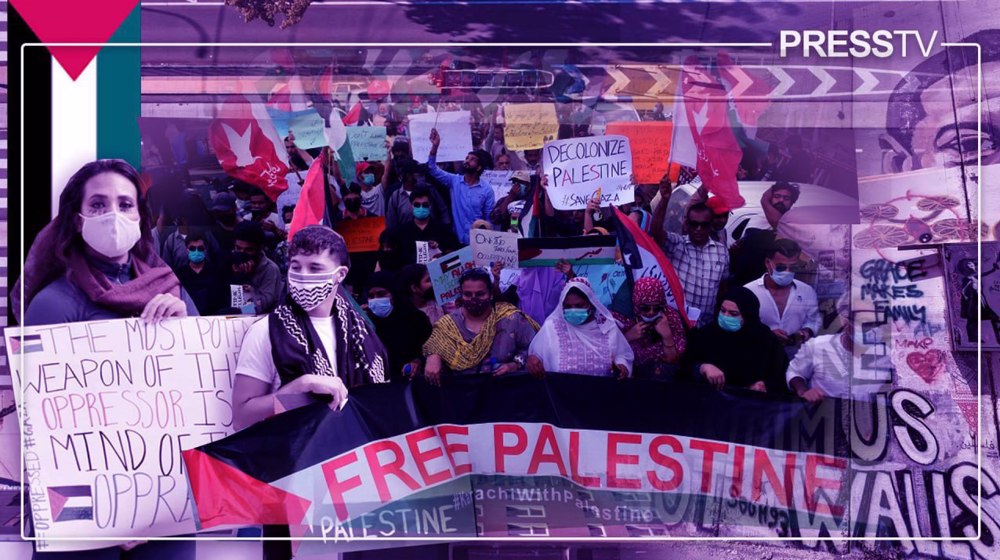
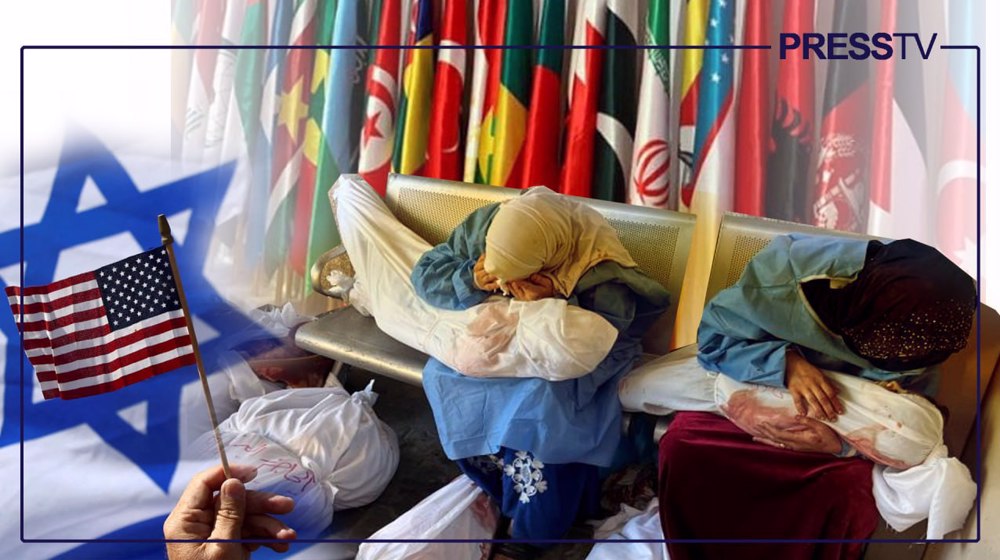



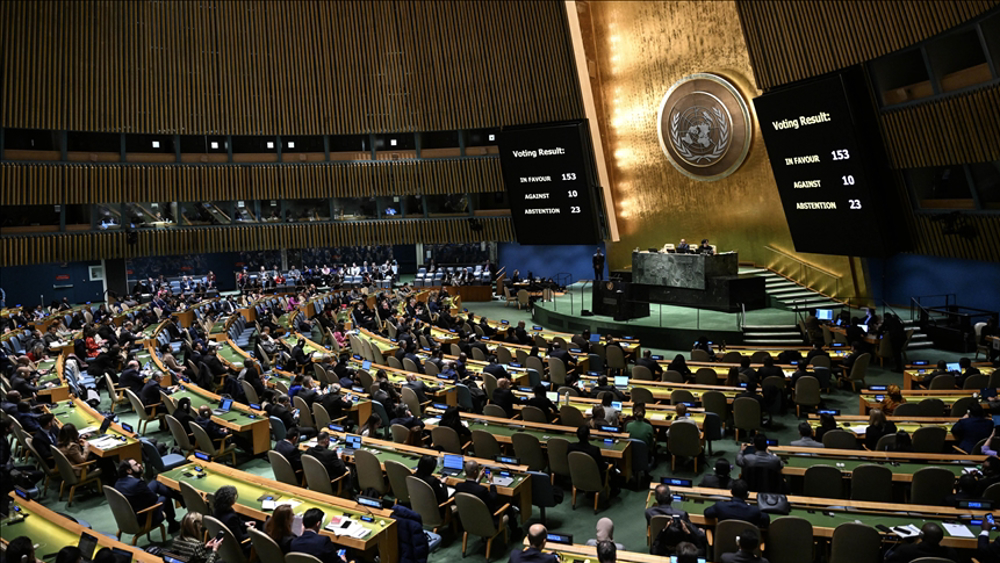
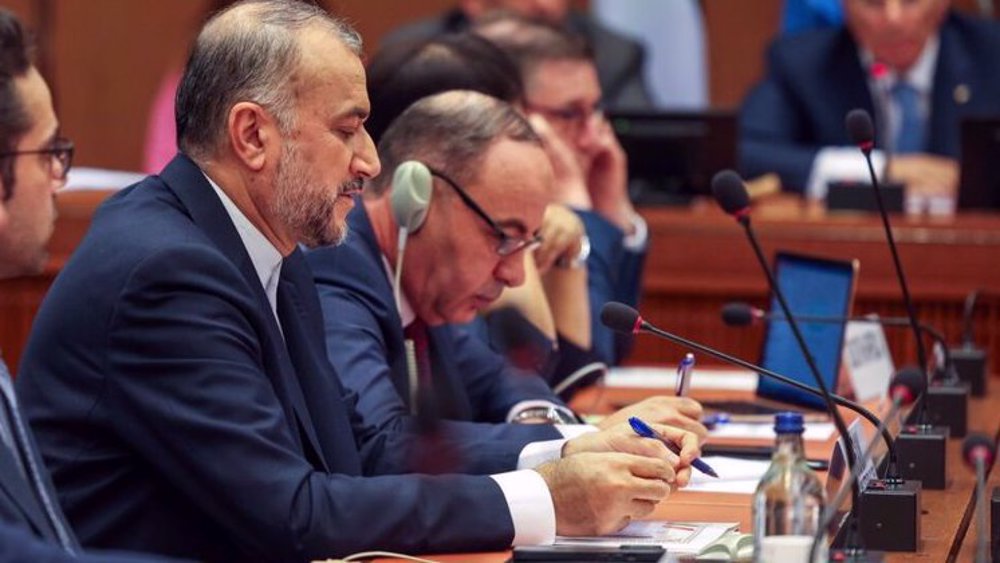
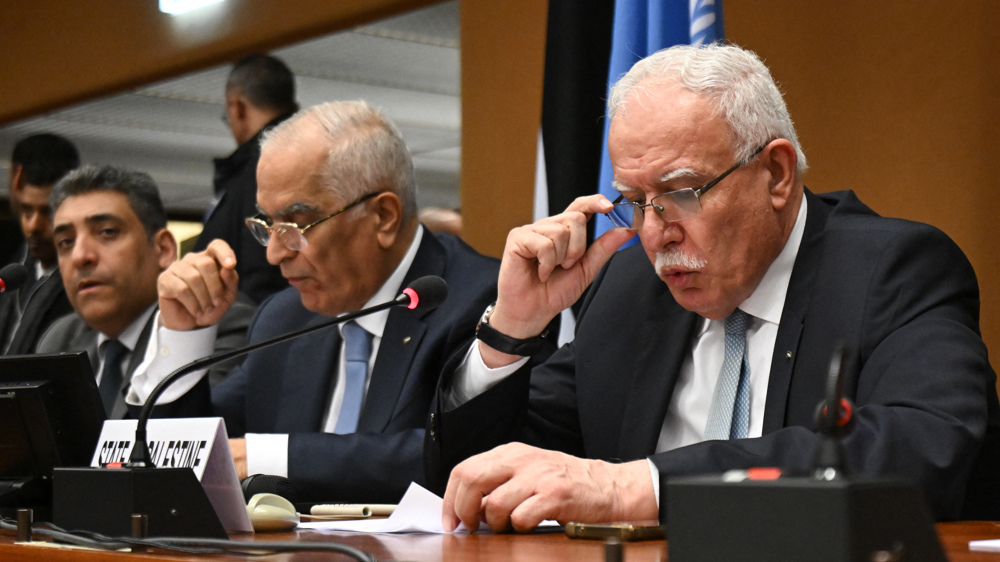
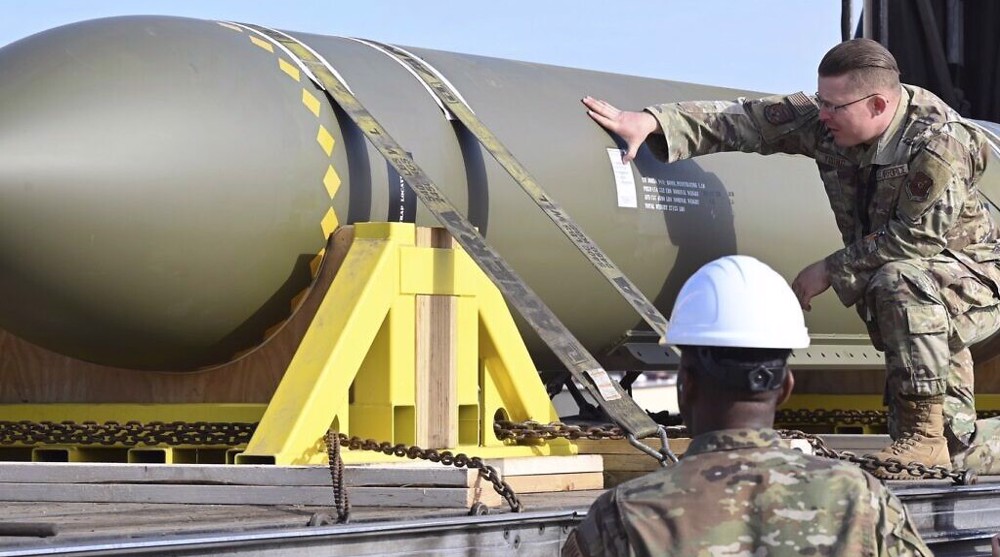


 This makes it easy to access the Press TV website
This makes it easy to access the Press TV website